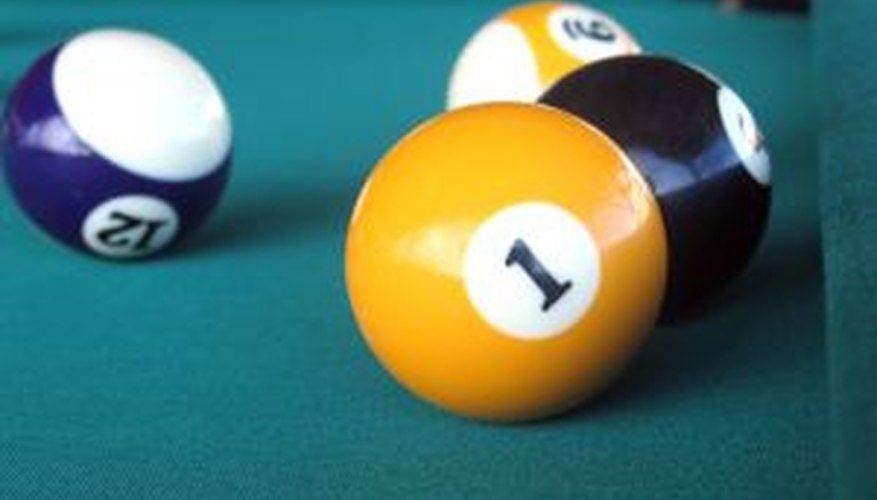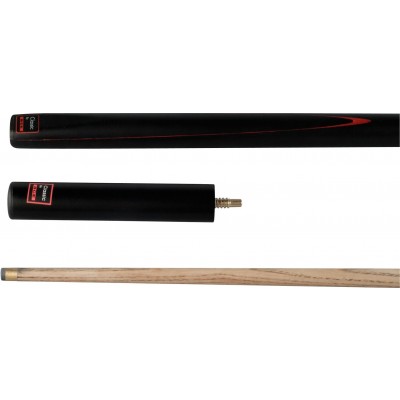
When choosing a tip for your cue stick, take into account the material. Material can be either medium, hard, or soft. It can also influence how the cue feels. Firm shots may feel better. It can also impact the squirt, and sideways tipflex. The shaft flexibility and endmass flex decrease when the tip feels soft.
Hard
Most professional and high-level players prefer a cue tip made of hard material. It requires less maintenance and keeps its shape longer than a soft one. However, it does not absorb the cue ball's energy as well as a soft tip.
Soft
A soft cue tip may be useful for players who prefer a flexible cueball. Typically, these tips are made from leather and are available in a variety of different hardness levels. Materials used to make them can range from laminated leather to single-piece materials. Bakelite and phenolic are also common materials.

Medium
Kamui Cue Tip range is made of premium pigskin. It features a ten layer construction. This ensures maximum humidity and porosity resistance. These tips have excellent chalk retention, which helps improve tip-grip. These tips can last years and are available in packs of ten.
Phenolic
The phenolic tip on your pool cue can add up to 17% extra power to your break shot. This material offers a smoother contact surface that is also more responsive under pressure. These properties make phenolic tips an excellent choice for players who want to increase their power.
Leather
One of the most sought-after types of tip is the leather cue tip. Leather tips are more durable than synthetic ones made of cork or plastic. Leather tips are more popular, but synthetic tips might be better suited for home use.
Splice
If you're looking to buy a new poolcue, there are many options. Some prefer hand-splicing their tips. This method can be more time-consuming and expensive. A hand splice can be purchased if you wish to play with a top-quality cue.

Size
It is a good rule of thumb to ensure that your shaft is the same length as the tip of the cue. This will allow you to hit the ball more evenly and create less vibration when you hit it. A smaller tip will also create less squirt when the ball is hit, which will give you a better feeling for your shots.
Materials
Consider the angle of the ball and how it will spin when selecting materials for a tip. A slightly rounded tip can give the ball spin. A rounded tip will be rounder in shape than a dime. A rounded tip is also typically thicker than a nickel.